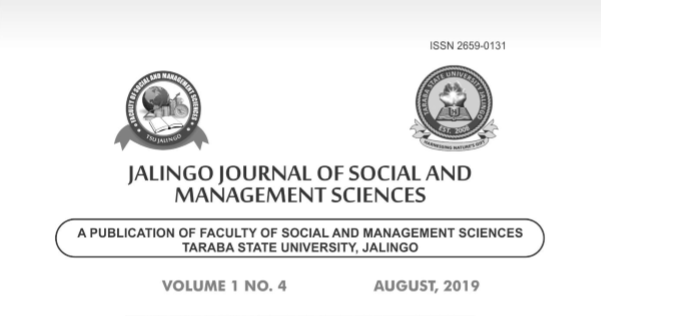Impact of Voter Electronic Device on Electoral Credibility: Role of the Card Reader in the 2015 General Elections in Nigeria
Keywords:
democracy, elections, electoral democracy, electoral fraud, smart card reader, permanent voter card, technologyAbstract
Political gladiators and other stakeholders are generally perceived to have viewed the card reader as having played a controversial role in the 2015 general elections. The smart card reader was a critical component in the elections. It was used for the first time in the electoral process in Nigeria and remains one of the greatest technological innovations of the 2015 general elections. The smart card reader is a technological device setup to authenticate and verify on Election Day a Permanent Voter Card (PVC) issued by the Independent National Electoral Commission (INEC). The fundamental basis for the deployment of the technologically-based device by INEC was to ensure credible, transparent, free and fair elections in order to deepen Nigeria’s democracy. However, the use of the card reader generated debate among the election stakeholders before, during and after the elections. Chief among was the legality of the use of the device. This paper examines the debate and the role of the card reader in the 2015 general elections. The paper also looks at the challenges and impact of the card reader on the elections. The paper argues that considering the massive electoral fraud witnessed in most general elections since Nigeria’s independence, the card reader played a key role in legitimizing the 2015 elections. Consequently, the paper recommends that subsequent general elections in Nigeria should gradually continue to be technologically driven, with electronic voting as the end point.

Downloads
Published
Issue
Section
License
Copyright (c) 2023 JALINGO JOURNAL OF SOCIAL AND MANAGEMENT SCIENCES

This work is licensed under a Creative Commons Attribution-NonCommercial 4.0 International License.
